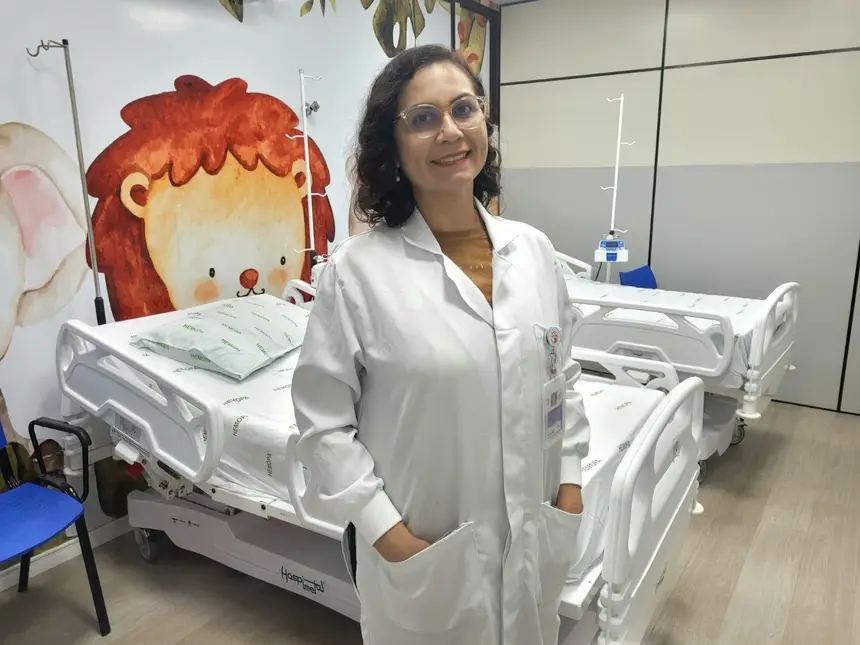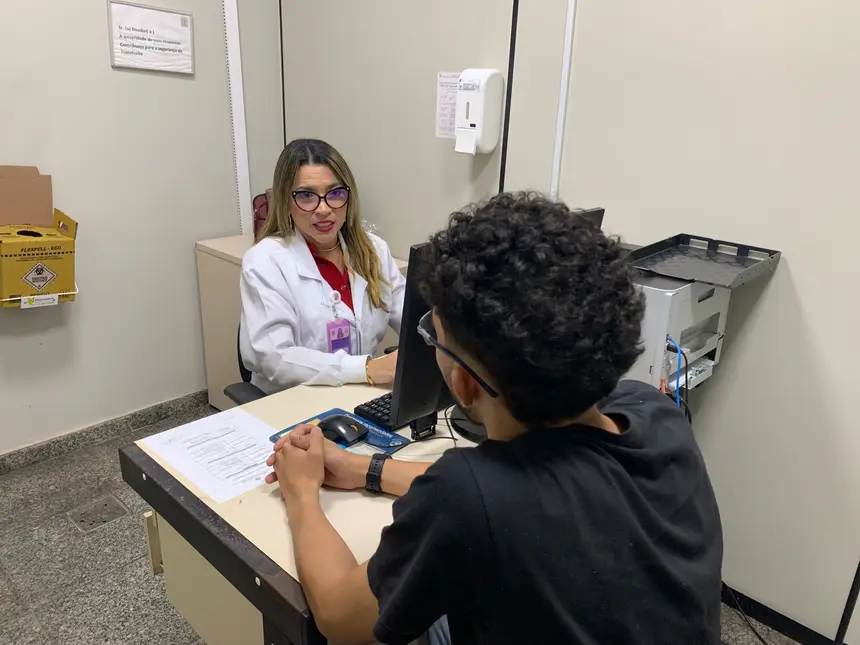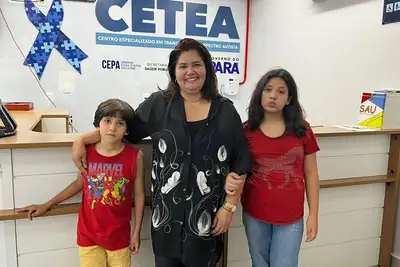International Nurses Day highlights the dedication of Hemopa professionals
Professionals work on the front lines of the state blood network with qualification, sensitivity, and daily commitment to life

On this Monday (12), the Pará Hemotherapy and Hematology Center Foundation (Hemopa) honors nursing professionals on International Nurses Day, celebrated in commemoration of the birth of Florence Nightingale (1820-1910), a historical reference of the profession. This Monday also marks the beginning of Nursing Week, which continues until the 20th, in memory of the Brazilian nurse Ana Néri (1814 - 1880).
The Hemopa Foundation emphasizes that, in the state blood network, nurses play a central role in ensuring humane and efficient care for blood donors, patients, and their families. They are professionals who work with sensitivity and competence at all stages of care — from screening and collection to outpatient clinics and transfusion agencies.

Gisele Maria Cardoso da Silva, nursing manager of the hematology outpatient clinic and technical responsible for care management with the Regional Nursing Council of Pará, highlights the institutional commitment to valuing the category.
“The Hemopa Foundation actively contributes throughout the year to the growth of nursing professionals. It ensures good working conditions, training, and an environment where the team feels welcomed,” says Gisele Silva.
With 16 years of experience at the institution, Gisele shares the emotion of closely following the journey of hematological patients. “Many have been with us since they were babies. Each achievement and each loss touches us deeply. This close relationship is what makes our work so meaningful.”

André Almeida, manager of donor screening, reinforces this humanized perspective. For him, institutional recognition has a direct impact on the quality of the service provided. “When the professional is properly supported by the Foundation, they feel valued and can perform their functions more efficiently, contributing to the achievement of the institution's own goals,” he points out.
He also recalls a significant episode with a donor who could not donate for his own mother. “He cried in the office, very shaken, thinking she might die. After the conversation, he managed to mobilize others, and the necessary donations were secured. It was a moment that touched me deeply.”

The role of nursing in the clinical screening of donors is essential to ensure the safety of both the donor and the recipient. Nurses are responsible for assessing the eligibility of donation candidates, considering clinical and epidemiological aspects, as established by Resolution Cofen No. 306/2006, which regulates the competencies and responsibilities of nurses in the field of Hemotherapy.
The president of the Hemopa Foundation, Paulo Bezerra, emphasizes the precious role of nurses. “The nursing professionals of the Hemopa Foundation, who work throughout our blood network, have the responsibility to conduct activities in both Hemotherapy and Hematology, providing technical and humane care to donors and patients,” he highlighted.









